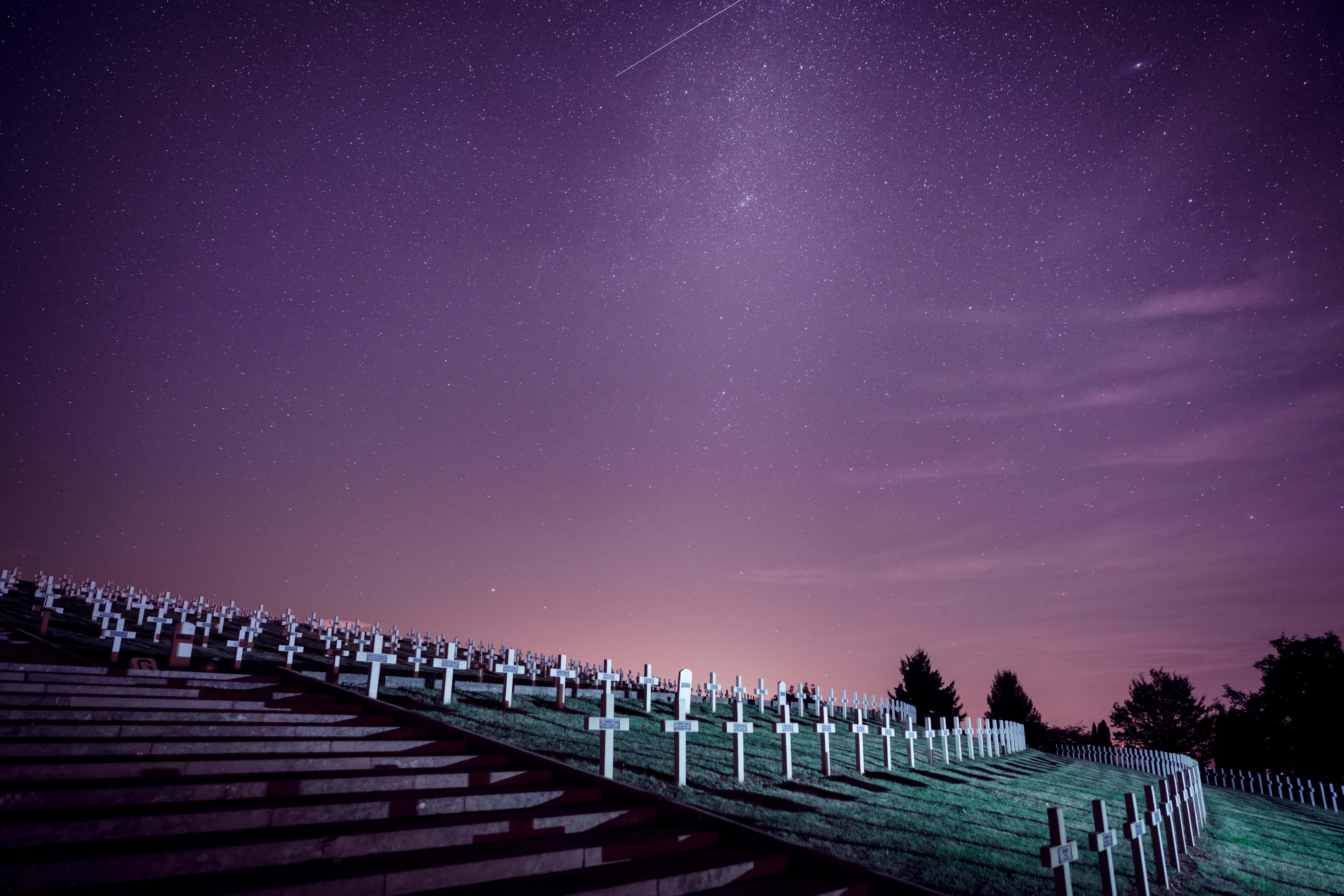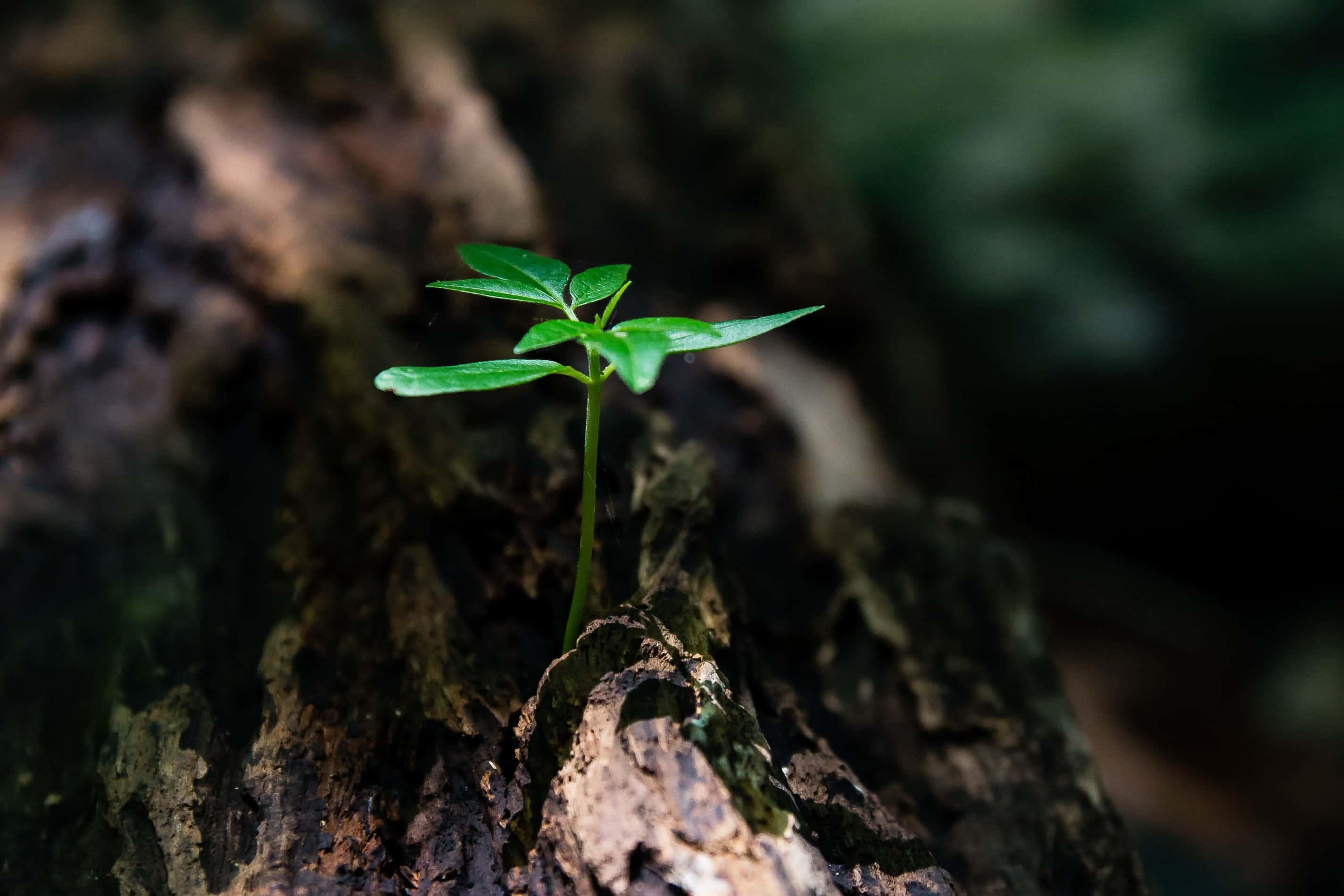“Everybody wants to go to heaven, but nobody wants to die.”—Source Unknown
Death comes for us all.
The topic remains taboo. Most of us prefer to keep a wary distance from the macabre reality.
That’s too bad. Studying the complexity that is death and dying is not only a fascinating exercise: it can also serve to inform us about life, and the act of living.
Let’s explore beyond the grave. What happens when you die?
It’s Not Cut And Dry
The biological reality of death is simple enough: it’s the moment an organism's biological functions cease to operate. Notably, we experience death inside our bodies every day. The cells that make up our more complex, higher-order functions are in a constant cycle of regeneration and death.
On a larger scale, though, things get much more complicated. Movies, books, and stories tend to portray death as a single moment. Reality is rarely so clear cut. The act of dying is a fraught one, with an interrelated series of processes that make understanding the whole a difficult business.
What death looks and feels like is substantially impacted by what causes it. Broadly speaking, we can separate these causes in two large, simple categories: fast and slow.
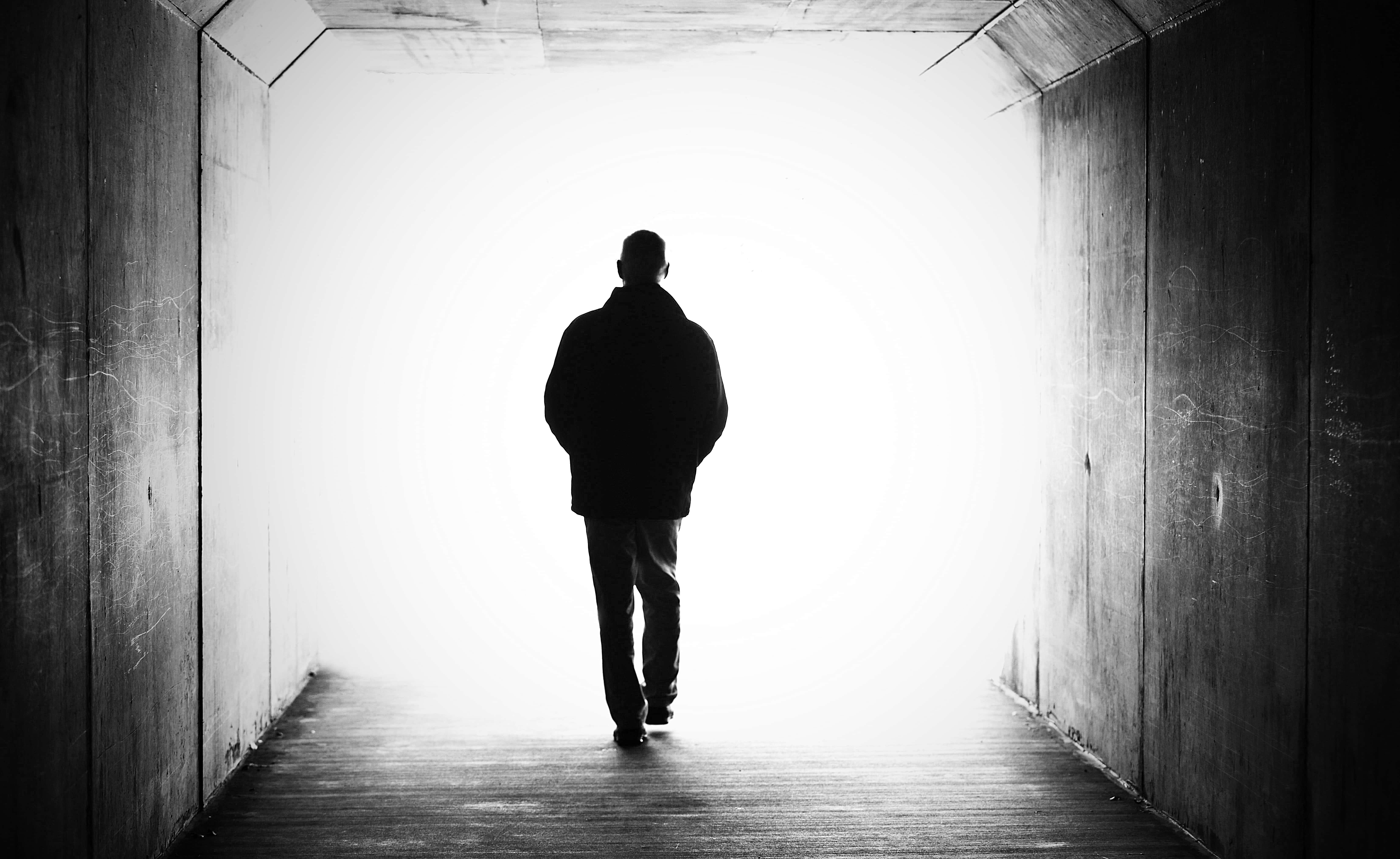 Shutterstock
Shutterstock
Heart and Brain
In the case of fast deaths—those brought on by immediate trauma—the process of dying is, in a sense, simpler than a slow death. Bodily functions will often shut down relatively quickly. Still, it should not be forgotten that the so-called “moment of death” remains a complex and controversial thing to determine.
For example, we might say that a person whose heart has stopped is dead. This is called cardiac death, and it’s a fairly simple concept. In every case, the poor soul with a stopped heart will die...eventually. The problem is, of course, that a person’s heart might be restarted. As modern medical science advances, this is increasingly common. And if that happens, once that person’s heart is going strong again, is it fair to say they were dead?
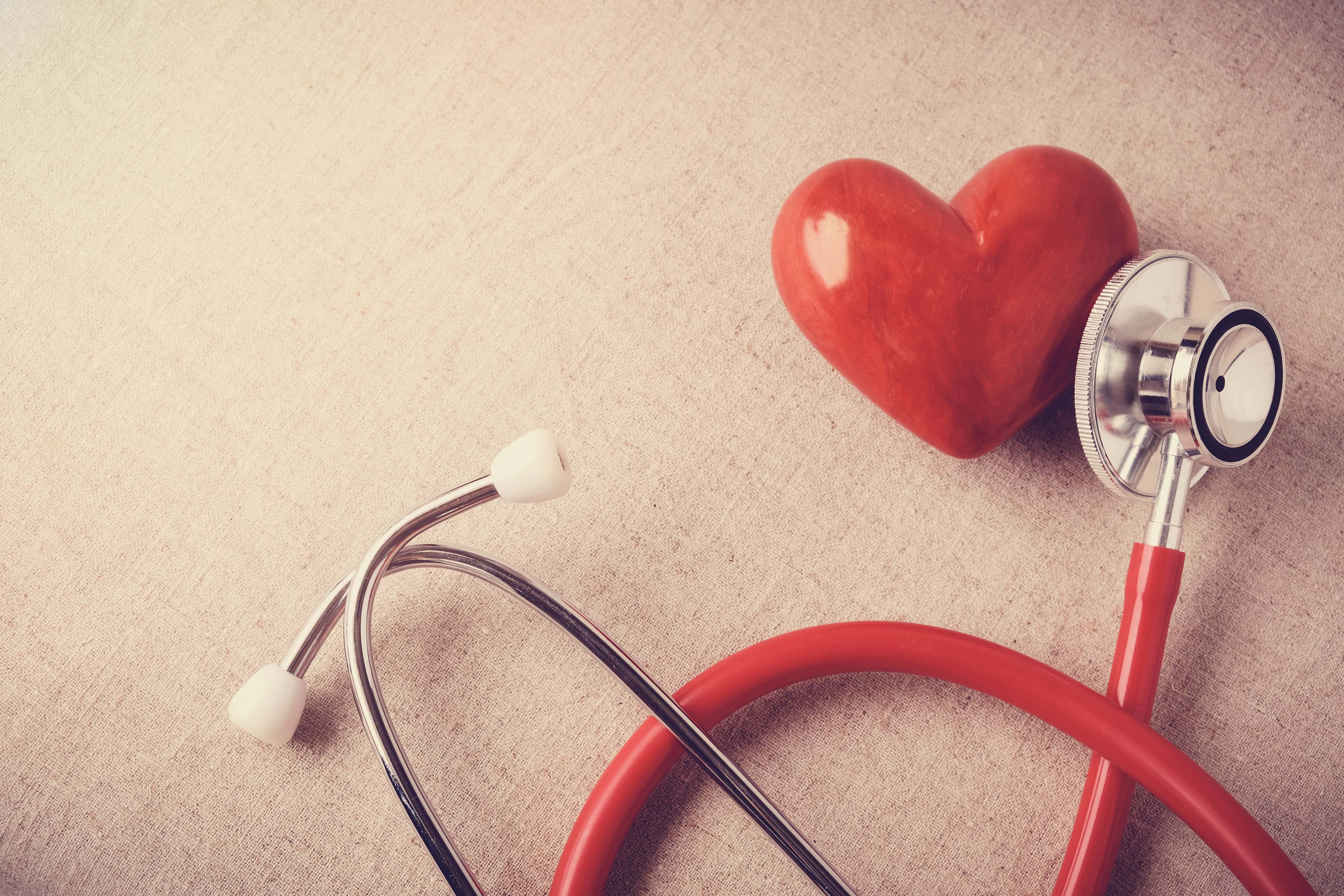 Shutterstock
Shutterstock
For this reason (and others) many experts have increasingly come to rely on the diagnosis of “brain death,” the moment when someone’s brain ceases to register activity. But while that makes for what seems like a simpler conclusion, determining when a brain has died is a tough thing. Physicians tend to separate “higher order” functions (responding to touch, smell, and sound, for example) from “lower order” functions (the instinctive, primordial activities typically performed by our brains beyond our conscious control, such as breathing or your heartbeat).
In any case, it’s next to impossible to determine a single, exact “moment” for death. It’s a problem we’ve been struggling with for millennia. It’s perhaps no surprise that taphophobia, the fear of being buried alive, is so common. Though the risk is lower today than it’s been in the past, there remains some possibility that a person could be declared dead, given up on, buried, etc...before experiencing a dramatic (and horrifying) recovery.
For the most part, though, medical science has moved past that particular issue. Though the question of when we die remains controversial, experts are able to use a combination of cardiac death and brain death to reliably determine when a person is past saving.
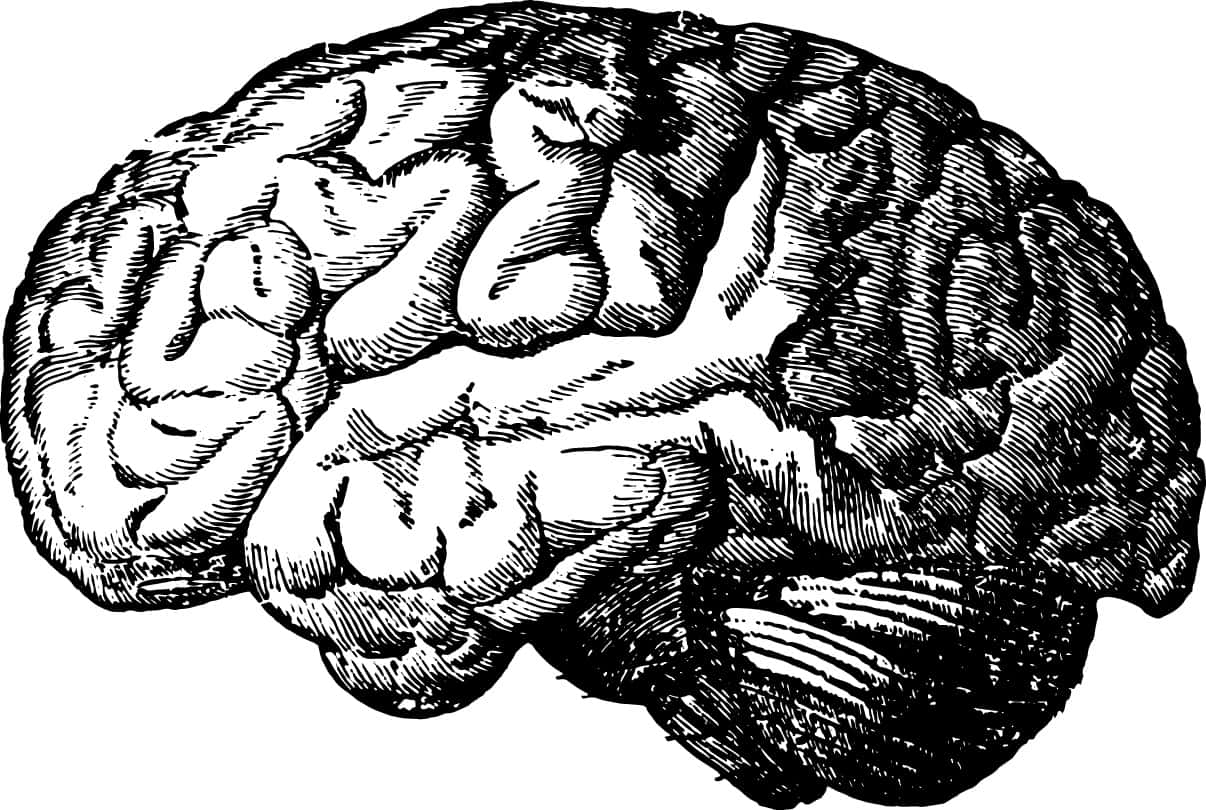 Shutterstock
Shutterstock
What Happens Next? The Physical Facts
In a word: decomposition.
Once your heart and brain have stopped, your body loses the ability to distribute oxygen and expel carbon dioxide. As a result, cells inside your body die off quickly, within minutes and hours. This is putrefaction. It’s the breakdown of the proteins and organic matter that constitute your body. Tissues and organs essentially liquify.
Before long, external factors come into play. Bacteria and insects feed on the dead tissue, contributing to the body’s breakdown. It’s a cycle, as increased activity leads to perforations in the skin, which allows further access for organisms which, in turn, contribute to further decomposition.
With no embalming, the complete decomposition process for a typical human body will take 6-12 years.
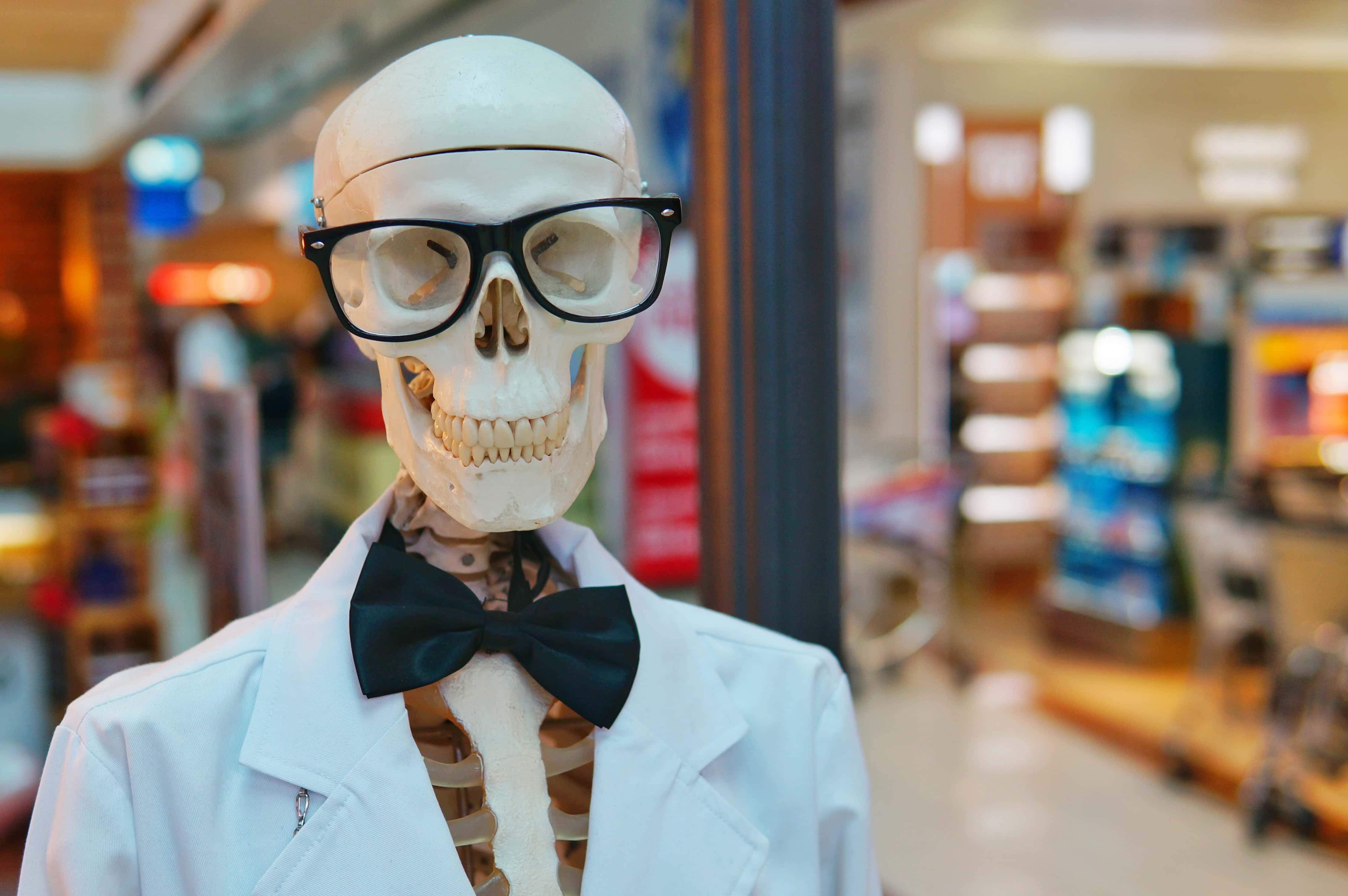 Shutterstock
Shutterstock
Life After Death?
At this point, you’d be forgiven for experiencing a sense of impending dread. Too much time thinking about our bodies as simple meat and tissue tends to have the effect. “Besides!” you might be thinking, “What about me? My soul, my consciousness. What happens to all that?”
It’s maybe the most important, most frequently asked, and least answerable question in existence.
The simple truth is that we don’t know.
It’s been argued that this exact quandary is the foundation of most organized religion. As noted by the New Humanist, “The basic premise of many religions is that there is some form of life after death, which is more glorious than the life we lived before on earth. [As argued by the] anthropologist Bronisław Malinowski, religion itself had its origin in relation to death by introducing a belief system that helps to reduce the fear of death.”
Consciousness after death is a near-universal concept in human cultures across time and space. Some religions, such as Islam or Christianity, teach that doctrine literally: after death, a person experiences a “second-life” of sorts, whether in heaven, hell, or in-between. Others, like Buddhism, preach reincarnation and suggest that all living beings exist in a cycle of birth, death, and rebirth.
 Shutterstock
Shutterstock
Scientific research, meanwhile, seems to increasingly point to a cessation of all consciousness on death. After all, a basic premise of neuroscience is that the many-faceted aspects of human consciousness are rooted in the biological processes of the brain. As experts untangle the complex web of brain function and consciousness, many are convinced there is no possibility that consciousness (at least as we know it) can exist without a living brain.
The Enduring Mystery
In all likelihood, none of us will ever know what the experience of death is like until we die ourselves. Is it cheesy to quote Peter Pan? “To die will be an awfully big adventure.”
That being said, exploring the process of death does offer some small consolation. It’s human to fear our own mortality. And yet death is an integral piece of life. All living things survive on the back of living things that have died before. We eat dead organisms. Dead organisms contribute to the air we breathe. And one day, our own deaths will contribute to life on this planet after we’re gone.
So, what happens when we die? In the simplest sense, there’s only one answer: life happens. Just like it always has.

